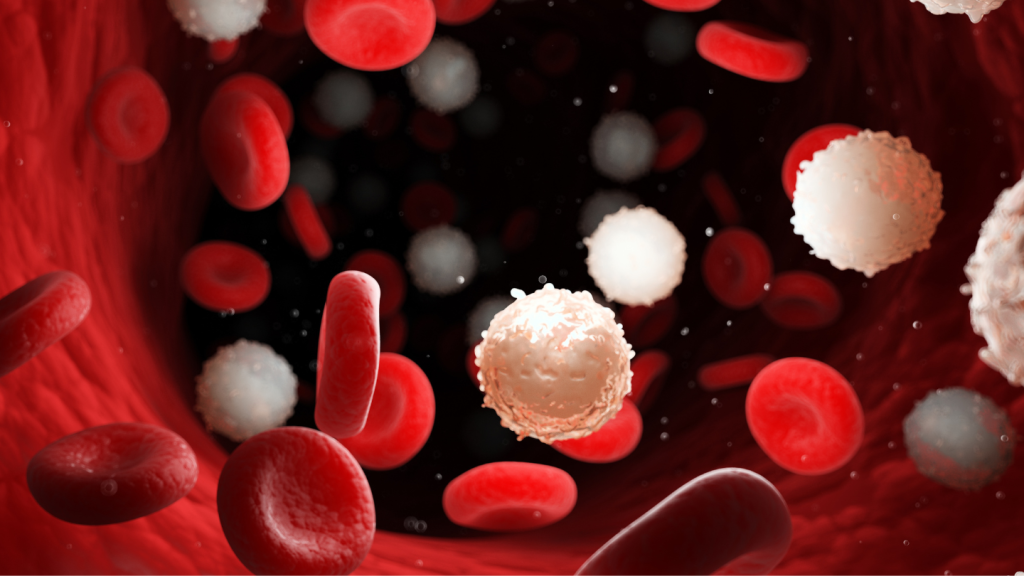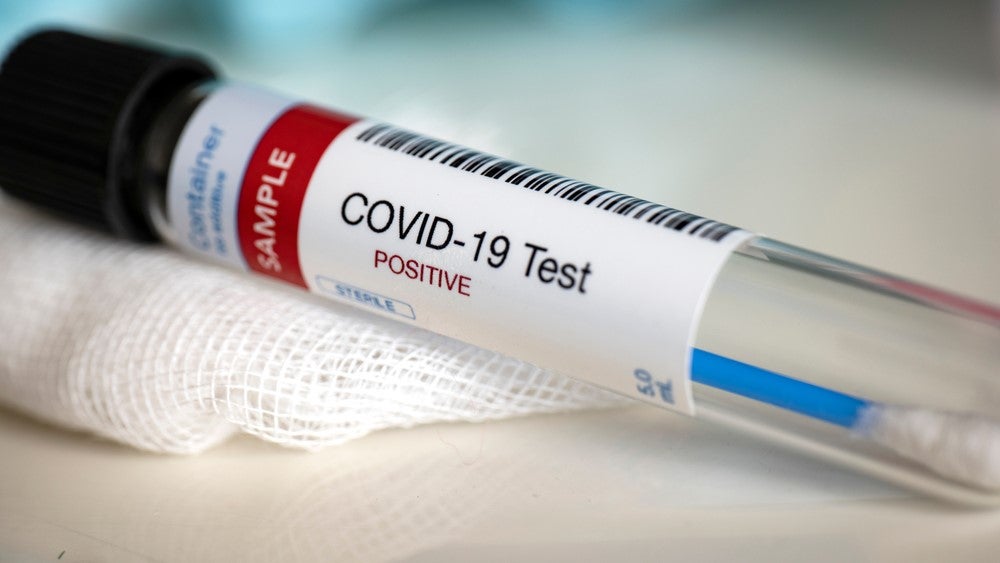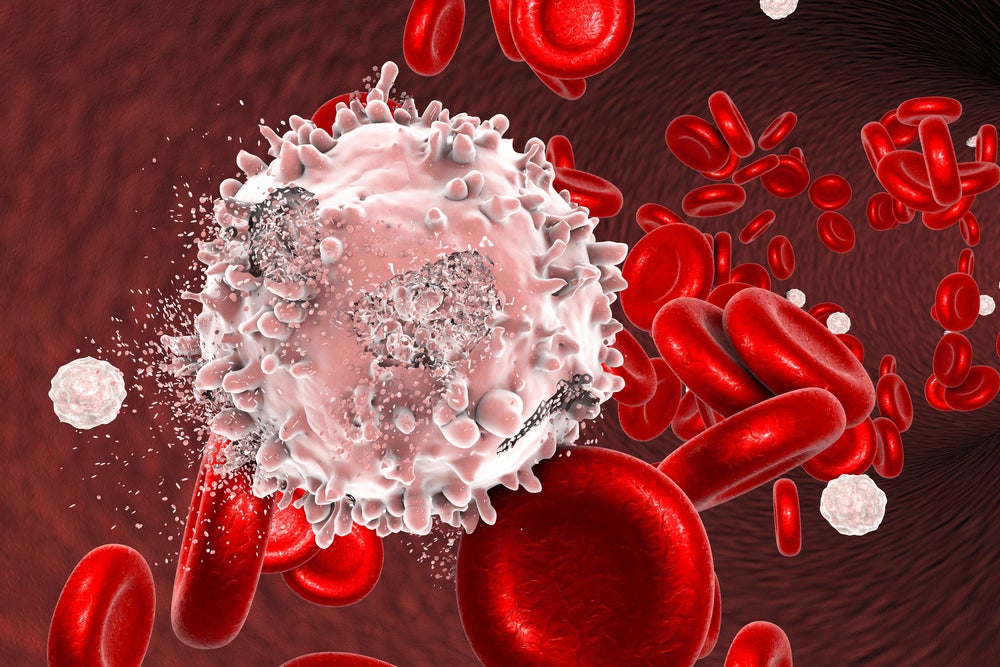Boehringer Ingelheim and CDR-Life are set to begin a Phase I clinical trial to analyse the potential of BI 771716 in preserving vision in patients with geographic atrophy (GA).
The two-part, non-randomised, open-label trial will analyse the safety, pharmacokinetics and tolerability of different intravitreal doses of BI 771716.
It will enrol patients aged 50 years and older, who will each be given a single rising dose or multiple doses of BI 771716.
The first part of the study will take place over three months and assess a single dose of BI 771716 injected directly into the GA-impacted eye of the patient.
The trial's second segment will run for four months and involve subjects being given two doses of BI 771716 at a gap of four weeks.
BI 771716 is an antibody fragment-based therapy that was created using a technology licenced from CDR-Life.
Its smaller size allows it to penetrate layers of the retina to reach the site of the target associated with the GA disease pathology.
Boehringer Ingelheim Discovery Research global head and corporate senior vice-president Clive Wood said: “We are very pleased to start the clinical evaluation of BI 771716, which resulted from collaborative efforts with CDR-Life.
“This brings us another step closer to achieving our vision of developing precise treatments to stop vision loss, protecting and preserving both people’s eyesight and quality of life.”
CDR-Life CEO Christian Leisner said: “We are delighted to see this compound progress into the clinic.
“We are looking forward to BI 771716 potentially becoming a treatment to transform the lives of people living with GA.”
In August this year, Boehringer Ingelheim announced the advancement of its potential weight loss drug, survodutide, into three international Phase III clinical trials in patients with obesity or who are overweight.
The company developed survodutide in partnership with Danish biopharmaceutical company Zealand Pharma.















